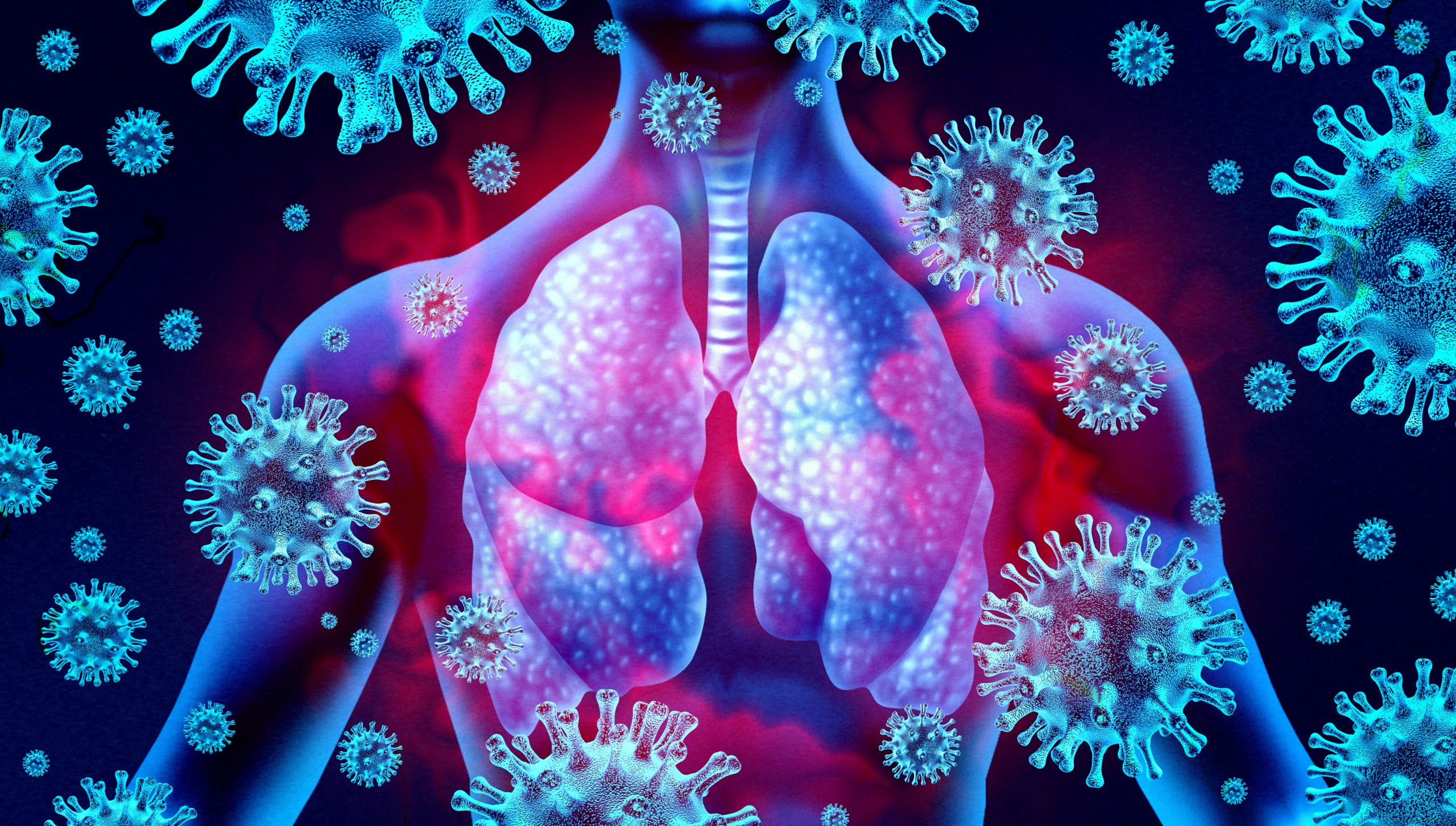
15 Sep New grant awarded to study pulmonary tissue in COVID-19 patients in Malawi
A novel approach to studying the cause of death in Malawi has earned Dr. Wieger Voskuijl and colleagues a Bill & Melinda Gates Foundation grant.
Wieger was working in Malawi from 2012-2015, during which time he encountered obstacles that forced him to ask important medical questions. “One of my biggest frustrations was when I sat bedside in Malawi and a child would die. I would have no proper idea of what the child was dying from or only ‘container diagnoses’.” In order to research cause of death, Wieger and colleagues began employing post-mortem Minimally Invasive Tissue Sampling (MITS). This study took place in 2018 within the CHAIN network. Rather than performing a full invasive autopsy, doctors using this technique take needle biopsies to discover the cause of death in patients. This method was first introduced in Mozambique 10-15 years ago and has been particularly successful in determining cause of death from infectious diseases. This study sparked interest in researchers involved in post-mortem studies in the region.
One of these researchers was Dr. Chris Moxon of the University of Glasgow and working at Malawi Liverpool Wellcome trust in Blantyre, Malawi. His research focuses on cerebral malaria, a disease where malaria enters the brain and makes patients terribly ill. Chris was interested in using MITS to research the brain diseased by Malaria in post-mortem patients.
Most recently, at the start of the COVID-19 pandemic Dr. Chris Moxon, Dr. Wieger Voskuijl along with colleague Prof. Donna Denno, an expert in environmental enteropathy and paediatrics, had the idea to use MITS technique for an immunology study. Together they wrote a grant proposal that would use MITS to look at the organ that results in the cause of death for many people with COVID-19, the lungs.
This immunology study, recently approved by the Bill & Melinda Gates Foundation, will examine 6 patients dying of COVID-19, and 6 patients with a different respiratory infection that has led to their death as a control group. Dr. Steve Kamiza, the lead pathologist for this study at the College of Medicine in Malawi, will perform the tissue sampling procedure for future assessment by a team of researchers.
These results will inform how to streamline sample types that would be most useful in larger population and clinical studies of living patients and will link with a parallel study collecting serial samples of nasal scrapings and nasal lining fluid in asymptomatic, mild, and severe COVID-19 cases in Malawi. These results could identify biomarkers of disease and treatment response for use in intervention trials.
For more information on this study contact Wieger Voskuijl at w.voskuijl@aighd.org
